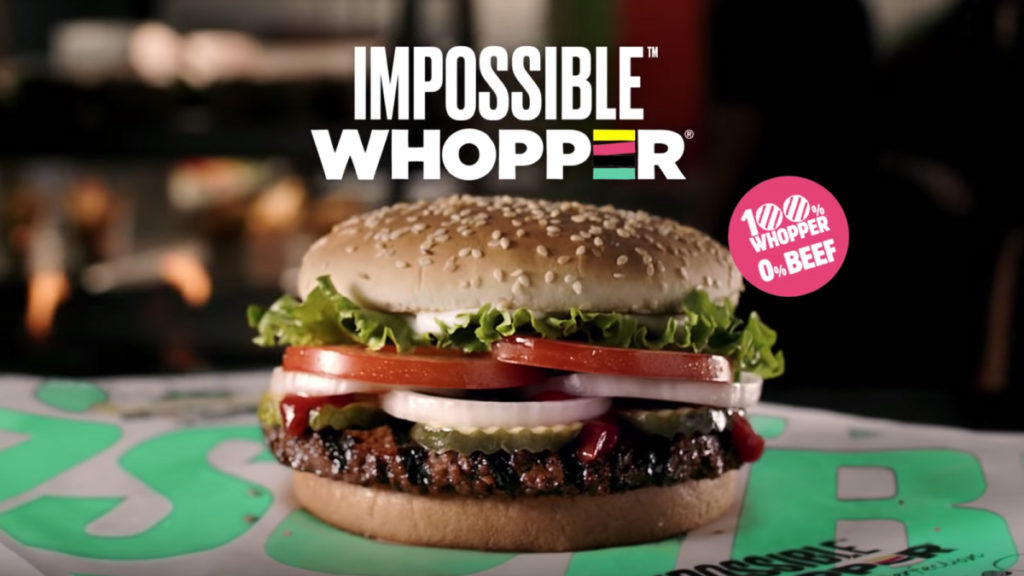The headlines circled the planet. A prominent cardiologist from the U.K., Aseem Malhotra, MD, analyzed 10 fast-food meals and concluded those most likely to trigger a heart attack were plant-based meals. Is a responsible person to put down their pea or soy burger and grab a beef burger, bun, pickle, mayo and a slide of cheese?
I have encountered Dr. Malhotra before and had the opportunity to review a book he wrote on a town of fewer than 300 persons in Italy we both visited the same summer. Personally, I had a good time there, but he used it as a basis to recommend a diet for all that deviated from all heart organizations (he said things like eat at least 10 eggs a week). I also have debated the topic of saturated fat and the risk of heart disease with Dr. Malhotra. His bias is that diets high in animal protein and fats are the healthiest ancestral choice and he chooses to add butter to his coffee to make the point.
What method did Dr. Malhotra use to pronounce the meals that most likely would trigger a heart attack? He obtained nutritional information on 10 fast-food meals, calculated the ratio of carbohydrate to protein, and marked those with the highest carbohydrate and the lowest protein content as the most dangerous to heart health. The argument was that protein protects from high insulin levels, the “major trigger” in heart attacks.

All Carbohydrates Are Not Equal
Dr. Malhotra provided no references or support for his use of the macronutrient ratio he quoted. In fact, it is not an accepted parameter of the health of a meal to calculate the carbohydrate to protein content and grade as dangerous those with a high ratio.
For one, it is an inadequate system as not all carbohydrates have the same impact on health. Whole foods rich in complex carbohydrates, like peas, beans and lentils, are universally recognized as some of the healthiest choices on the planet and must be distinguished from “refined carbohydrates” as found in the bun shared by meat and plant burgers.
Furthermore, not all proteins are the same and the scientific data has correlated protein of animal origin with increased mortality, something not found with proteins of plant origin. In reality, protein releases insulin, contributes to insulin resistance, and accelerates the rate of pancreas tissue destruction in diabetics—the opposite of what Dr. Malhotra claims.
Finally, there is no acceptance on the “carbohydrate to protein ratio” Dr. Malhotra uses. In reality, diets low in carbohydrates are associated with increased risks of early death in large studies, again the opposite of what Dr. Malhotra reports.
Are plant-based fast-food burgers healthy? They share the bun and other components with their meat-based competitors but they are far from whole foods that should be recommended to the public. In studies done at the Harvard School of Public Health, a registry of those eating a diet characterized as “unhealthy” plant-based foods fared poorly in terms of cardiovascular disease.
When Dr. Malhotra pronounces that the plant-based burger options in the UK are more likely to kill you, he is lowering himself from a trained cardiologist to a headline-seeking media pawn. He knows, as I do, that the core nutrition to prevent heart attacks is a diet of whole foods, emphasizing fruits, vegetables, whole grains, and legumes combined with the absence of smoking, regular fitness, good sleep habits, stress reduction, and social support.
The best advice from a cardiologist of any background is that fast-food is fast illness and is to be avoided, whether processed beans or beef. As a final note, university studies have also shown a tremendous advantage for plant-based burgers in terms of sustainability.
Dr. Joel Kahn is Professor of Cardiology, Summa cum Laude grad, Kahn Center for Longevity and GreenSpace & Go, author, “The Plant Based Solution.” www.drjoelkahn.com @drjkahn.


